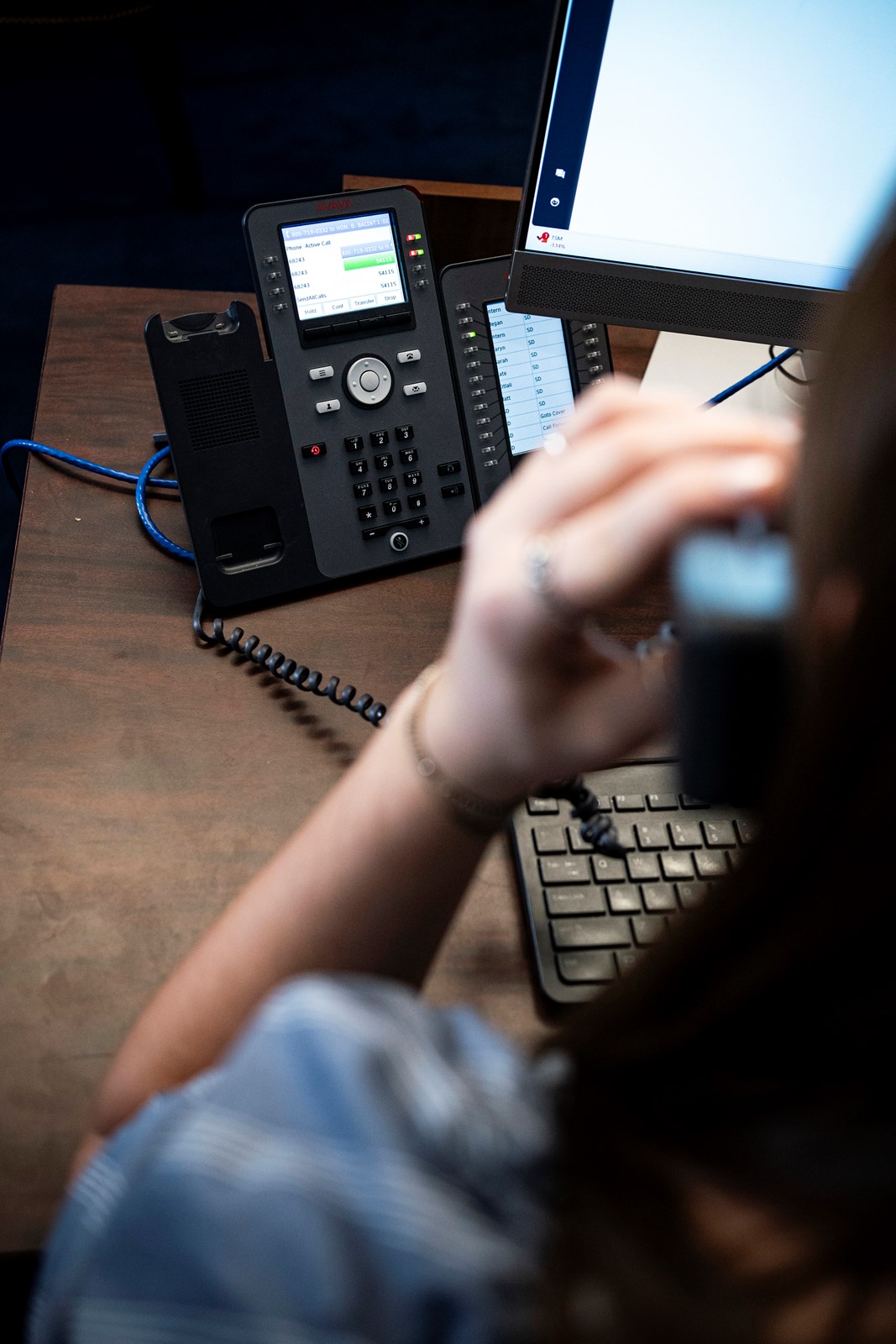
WASHINGTON — Americans dialing their members of Congress for basic services are going straight to voicemail. Interns and young aides can’t answer the phones quickly enough. And a system that usually handles a few dozen calls per minute is straining to keep up with more than 1,500.
President Donald Trump’s moves to upend the government — and his decision to empower billionaire Elon Musk to carry out a slash-and-burn campaign inside the federal bureaucracy — are dominating the news and reverberating across the capital and beyond. And nowhere is the impact more apparent than the beleaguered congressional phone system, a major conduit for citizens to contact their representatives in Washington that in recent days has been nearly crippled as it absorbs tens of millions of calls responding to the new Washington order.
Congressional phone lines have been jammed to the point of failure, according to lawmakers and officials on Capitol Hill, in a stark reflection of a political system buckling to a breaking point under an emboldened and unbound Trump.
Calls are pouring in from constituents outraged about Trump’s unilateral moves and how he has allowed Musk to gain access to and begin dismantling critical parts of the federal bureaucracy, and demanding that members of Congress take a stand against them.
Others are calling Republican senators incessantly to either demand that they fall in line behind Trump and his Cabinet nominees, or plead with them to break ranks and challenge the president.
The sheer volume of vitriol from both ends of the political spectrum has all but drowned out a core function of Congress: allowing Americans to seek and receive help from their elected representatives interacting with the government for basic needs.
Senators were informed this week that the Senate phone system was receiving 1,600 calls per minute, a sharp increase from the usual 40 calls a minute, according to officials who received the private notification and spoke about it on the condition of anonymity. While the phones had not completely stopped ringing, as they have in the past under heavy loads, members were told that some constituents would be sent straight to voicemail to prevent a complete shutdown.
“I want to thank Alaskans who have been reaching out to my offices in D.C. and across Alaska,” Sen. Lisa Murkowski, R-Alaska, wrote in a recent post on the social platform X explaining the overload of calls.
“Thank you for your patience as my staff works to review your messages and share them with me,” she added.
An aide for Sen. John Curtis, R-Utah, estimated that about 60% of the calls coming into his office were critical of Musk, while the other 40% concerned Trump’s nominees. The ratio of favorable to unfavorable calls varied by the day, the aide said. For example, before Curtis came out in support of Pete Hegseth, now the defense secretary, a majority of the callers were urging the senator to fall in line behind him. But afterward, more calls came in urging Curtis to change course, defy Trump and vote against Hegseth.
“Most of the time, the voicemails are full,” said Janice Germann, a liberal activist and retiree from Florida who said she had called the offices of her state’s two Republican senators, Rick Scott and Ashley Moody, at least once a day since Trump’s inauguration.


 PREVIOUS ARTICLE
PREVIOUS ARTICLE
